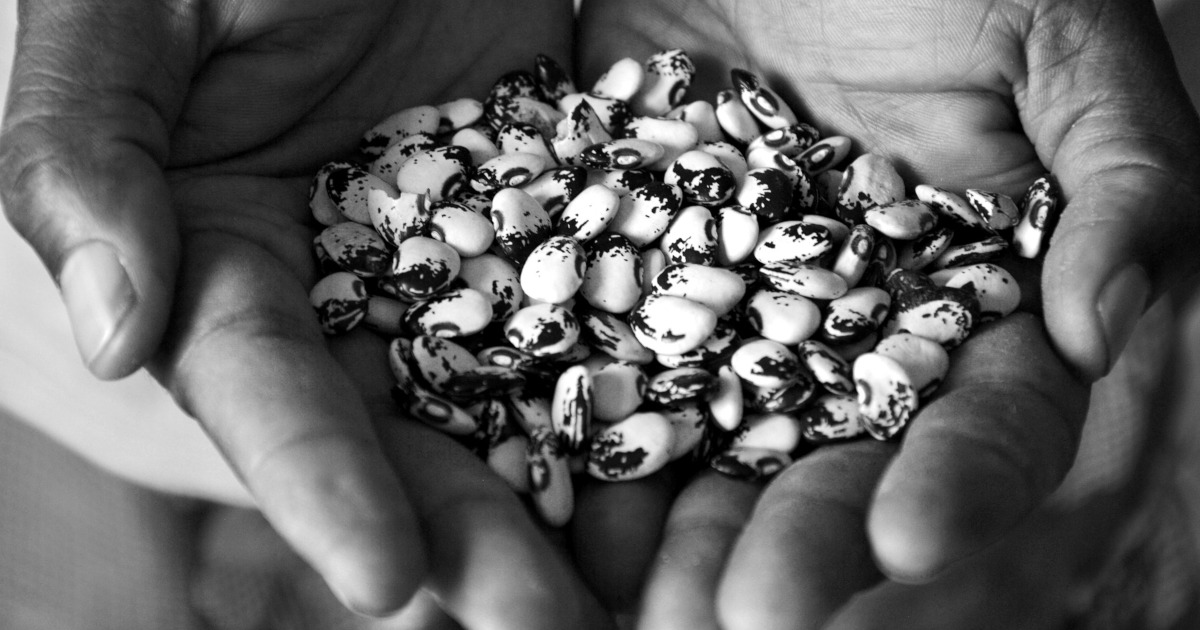
Seed Monopolies: Who Controls the World’s Food Supply?
For thousands of years of human agriculture, seeds were freely exchanged and shared. All that changed in the 1990s when laws were introduced to protect new bioengineered crops. Today, four corporations — Bayer, Corteva, ChemChina and Limagrain — control more than 50% of the world's seeds. These staggering monopolies dominate the global food supply.
April 8, 2021 | Source: DW | by Charli Shield
Seed laws criminalizing farmers for using diverse crops that stand a better chance of adapting to climate change are threatening food security. Seed sovereignty activists want to reclaim the right to plant.
For thousands of years of human agriculture, the intrinsic nature of a seed — the capacity to reproduce itself — prevented it from being easily commodified. Grown and resown by farmers, seeds were freely exchanged and shared.
All that changed in the 1990s when laws were introduced to protect new bioengineered crops. Today, four corporations — Bayer, Corteva, ChemChina and Limagrain — control more than 50% of the world’s seeds. These staggering monopolies dominate the global food supply.
“Seeds are ultimately what feed us and the animals we eat,” Jack Kloppenburg, a rural sociologist and professor at the University of Wisconsin-Madison, said. “Control over seeds is, in many ways, control over the food supply.
